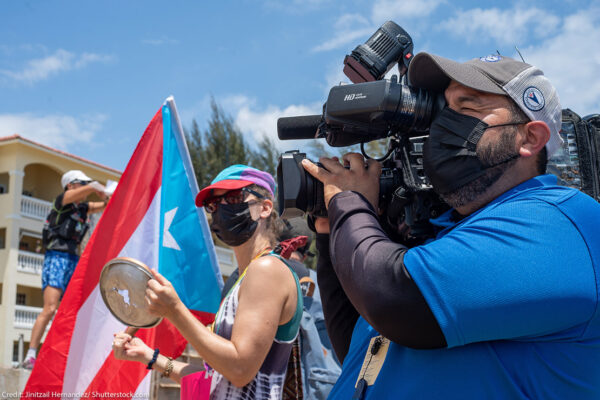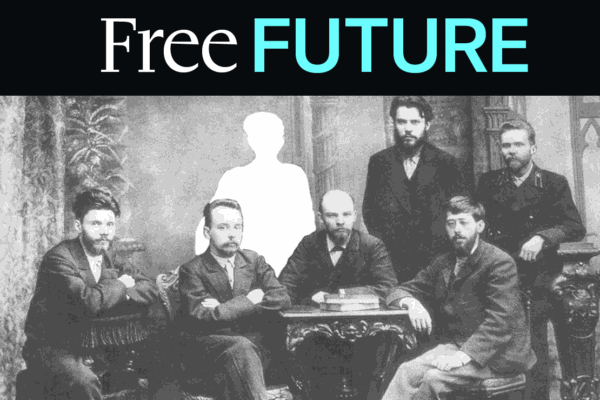High Court Rejects Utah Church's Appeal in "Main Street" Case Over Ability to Restrict Free Speech in Public Area
FOR IMMEDIATE RELEASE
SALT LAKE CITY - The American Civil Liberties Union today welcomed the Supreme Court's rejection of an appeal in a challenge to the Mormon Church's ability to restrict free speech rights in a public area of the city's Main Street Plaza here.
"The Court's action today puts to rest legal and constitutional questions raised by the ACLU and ensures freedom of speech for all on Salt Lake City's Main Street Plaza, regardless of their viewpoint,"" said Dani Eyer, Executive Director of the ACLU of Utah, which had successfully challenged the restrictions in the lower courts.
At issue was a block of Main Street that Salt Lake City officials sold to the Church of Jesus Christ of Latter-Day Saints in 1999. The city retained an easement for public access and passage, but the church placed restrictions on speech and behavior on the plaza.
In May of 1999, the ACLU of Utah wrote a letter to city officials suggesting that the restrictions on expressive behavior were unconstitutional and should be addressed by the city. The city declined to address the problem, and the ACLU brought an action against city officials seeking to compel it to remedy the free speech violations inherent in the church policy. The church intervened in the lawsuit in support of the restrictions. While the case was pending and the property was patrolled by the church, ministers from other religions were arrested while peacefully passing out pamphlets.
Initially, a federal district court in Utah ruled in favor of the restrictions, calling the plaza ""an ecclesiastical park."" But a federal appeals court in Denver overturned that decision, ruling that the pedestrian easement reserved to the city is a traditional public forum to which the free speech clause of the First Amendment applies.
Today, the Supreme Court denied the church's request for review of that decision. The church had claimed that the Denver appeals court decision was in conflict with a decision of another appeals court ruling regarding Lincoln Center Plaza in New York City. Utah's Attorney General and other parties filed ""friend-of-the-court"" briefs arguing that the Denver decision unduly impeded the ability of government entities to sell public land.
In response, the ACLU filed a brief on behalf of the First Unitarian Church reiterating the First Amendment concerns and arguing that there was no conflict with the New York appeals court decision, merely a different outcome due to the application of settled law to the unique property in each case. The ACLU also argued that appeals court decision in the Main Street case does not imperil the rights of property owners or interfere with municipal government but merely requires that they comply with the Constitution.
Although the city currently enjoys the benefits of public passage and access and attendant free expression, the City Council was unwilling to shoulder the attendant burden of regulation and recently voted to vacate the easement. This raises many new and complex legal and public issues dealing with government accommodation of private discrimination and separation of church and state, Eyer said.



